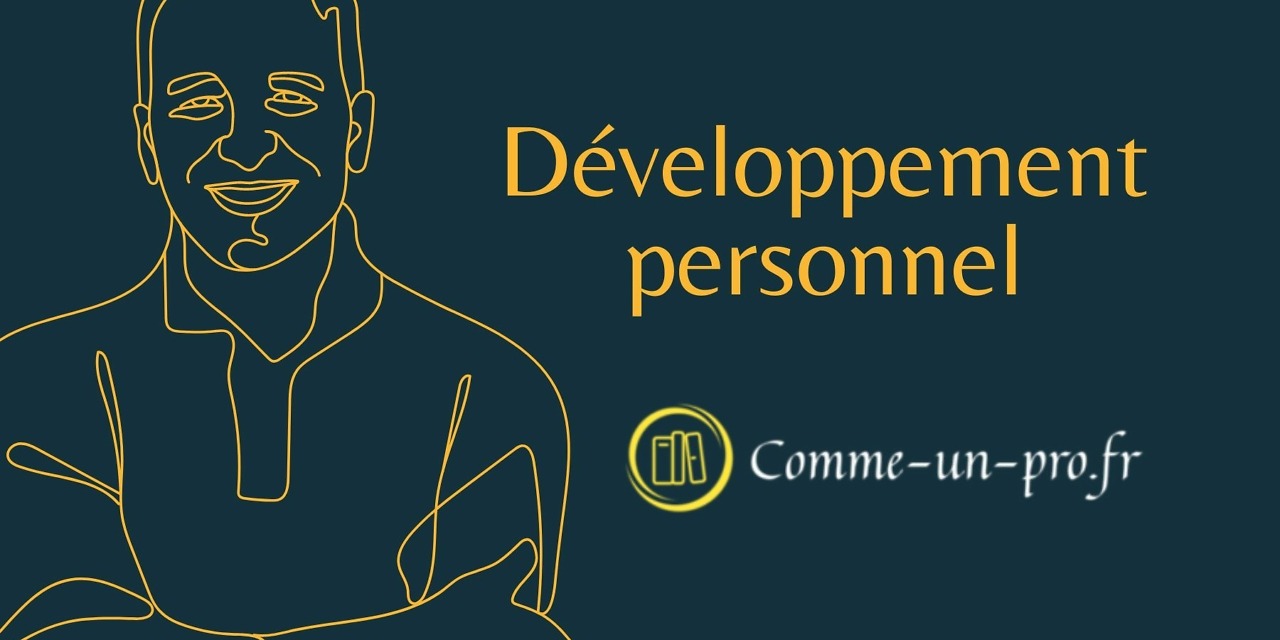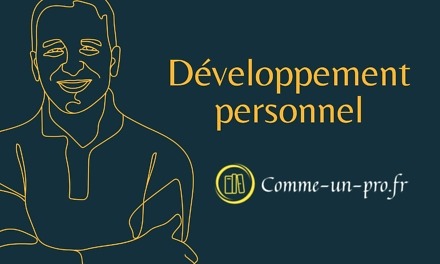The importance of critical thinking in the world of work
In today's working world, technical skills are no longer enough. Employers are increasingly looking for professionals who can exercise critical thinking, that is, rationally and logically analyze and evaluate information to make informed decisions.
Critical thinking is an essential skill in almost every job. Whether you are a manager, engineer, salesperson or in any other role, the ability to solve complex problems, make sound decisions and innovate is essential. In fact, according to a study by the World Economic Forum, critical thinking is one of the skills most sought after by employers in the 21st century.
Why is critical thinking so valuable? Because it allows you to see beyond the obvious, question assumptions and explore different perspectives. It helps you understand problems at a deeper level and find more effective solutions. It allows you to anticipate the potential consequences of your actions and make more informed decisions. In short, critical thinking gives you a competitive advantage in the world of work.
Develop your critical thinking skills
As essential as it is, critical thinking is not a skill you learn overnight. It requires training and regular practice. However, there are several strategies you can use to develop your critical thinking skills.
First, adopt a questioning attitude. Don't take information for granted. Ask questions, look for evidence, examine sources. This approach will help you avoid errors in judgment and make better decisions.
Second, try to see things from different angles. Every problem has multiple perspectives, and the key to finding the best solution is often to see the problem from a different perspective. Seek to understand others' points of view and try to see the situation through their eyes.
Third, practice reflection. Take the time to reflect on your thoughts, your feelings, your actions. This introspection can help you better understand your own biases, your own thinking errors, and improve your ability to make rational decisions.
Finally, remember that critical thinking is a skill that develops over time. Be patient with yourself, and don't give up. The more you practice, the more proficient you will become.
Critical thinking in the professional context
Critical thinking is more than an academic or personal skill; it is a powerful tool that you can use in your professional life. Indeed, the ability to analyze information objectively, solve problems creatively, and make informed decisions can help you excel in almost any professional field.
In the world of work, critical thinking can manifest itself in different ways. It can help you assess the risks and rewards of a business decision, develop effective marketing strategies, improve work processes or resolve conflicts within the team. It can also help you navigate complex or ambiguous situations, where the obvious solutions aren't always the best.
Additionally, critical thinking is often a sought-after skill by employers. Many job postings list critical thinking as one of the required skills, and many companies offer critical thinking training to their employees. By developing this skill, you can not only improve your job performance, but also increase your chances of career advancement.
In short, critical thinking is an essential skill for any professional who aspires to advance in their career. By cultivating it, you can not only improve your thinking and decision-making skills, but also become a more valuable and effective member of your organization.




